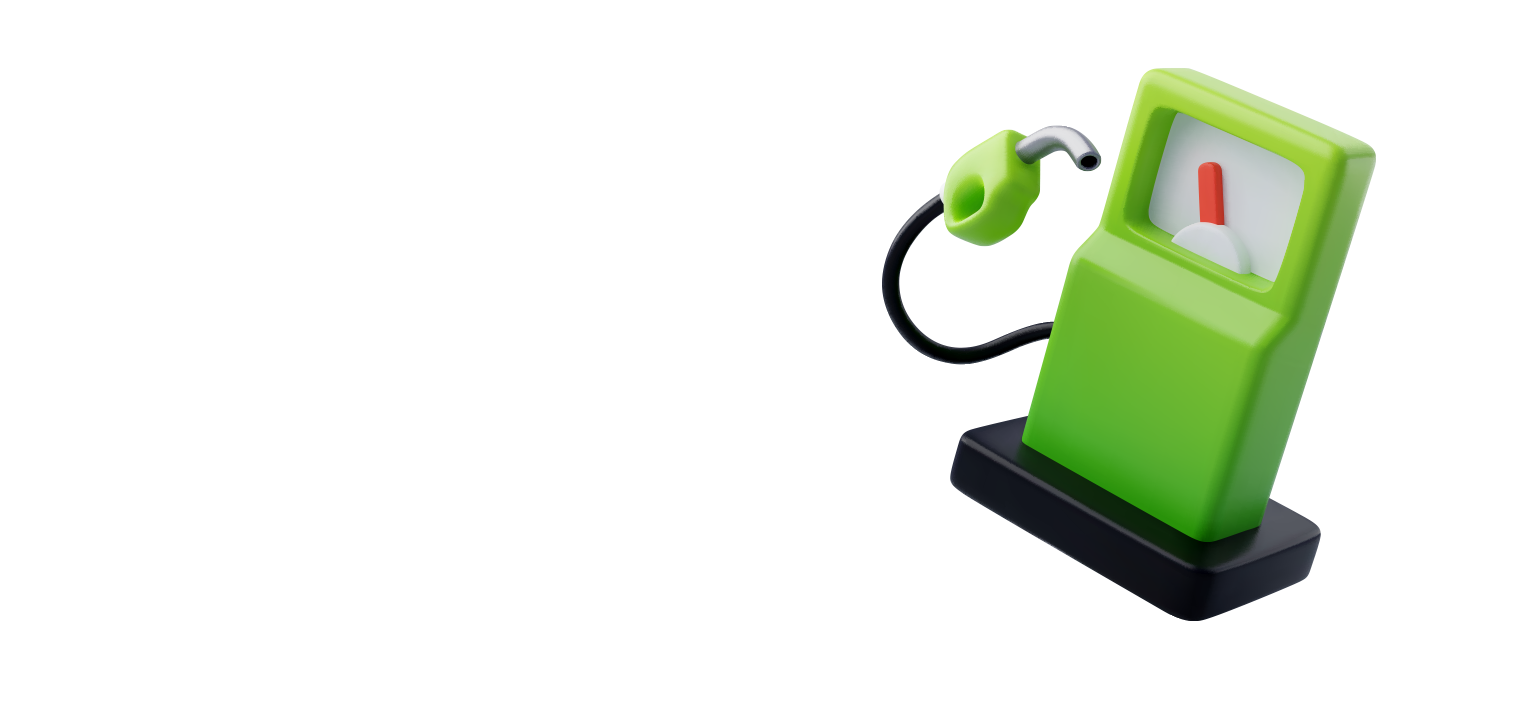The Fuel Store Card

Buy AdBlue® in bulk. Stay compliant, cut emissions, and keep your vehicles moving.

AdBlue® helps diesel engines run cleaner and more efficiently by breaking down harmful nitrogen oxides. It helps you meet emissions standards, and it keeps your fleet on the road.
At The Fuel Store, we make AdBlue® easy. Whether you need tanker deliveries, IBCs, or just a few cans, we’ve got you covered. Benefit from regular top-ups, flexible supply, and better prices when you buy in bulk.

Selective catalytic reduction (SCR) liquid is used to treat exhaust gases and remove harmful pollutants, including NOx and NO2. This liquid is better known as AdBlue. It is stored in a tank in the car, but, unlike petrol or diesel it is not injected into the engine; instead it is fed into part of the vehicle’s exhaust. A chemical reaction converts the harmful NOx exhaust gases into harmless nitrogen and water.
In short, AdBlue helps your vehicles to be greener and cleaner.
Diesel cars produced from late 2015 will most likely have an exhaust treatment system that requires AdBlue. This specially formulated liquid is injected into the exhaust system of the car to help neutralise harmful emissions.
The tank that holds the AdBlue solution varies in size between makes and models of car. As a guide, a Volkswagen Tiguan SUV and Passat family car have a 12 and 13-litre AdBlue tank.
How often you refill it depends on the vehicle’s make, model, and usage.
Typically, a full tank of AdBlue lasts between 5,000 to 10,000 miles. VW estimates that the Tiguan and Passat use 1.5 litres of AdBlue every 620 miles, and suggests that a tankful of AdBlue gives a driving range of 3,000-4,000 miles for the Tiguan, and 4,000-6,500 miles for the Passat. By contrast, Peugeot estimates that its cars can travel 12,000 miles between refills — the same as its servicing intervals.
Most modern vehicles will alert the driver when the AdBlue level is low.
If a vehicle runs out of AdBlue, it will not comply with emissions regulations and may enter a restricted power mode or fail to start. Most vehicles will provide warnings well before AdBlue runs out.
AdBlue is non-toxic, non-flammable, and safe to handle. It can be corrosive to some metals and materials, so it should be stored and handled properly to avoid spills. AdBlue should be stored in a cool, dry place away from direct sunlight and temperature extremes.
AdBlue should only be used in diesel vehicles equipped with an SCR system. Using AdBlue in a non-SCR vehicle will not have any beneficial effects and may cause damage.
Most modern diesel vehicles have an AdBlue gauge or indicator on the dashboard that shows the current level. The vehicle’s onboard computer may provide notifications when the AdBlue level is low.
When stored properly, AdBlue has a shelf life of about one year. It is important to keep it in a sealed container to prevent contamination and degradation.
Most new diesel vehicles, especially those meeting Euro 6 emissions standards or equivalent, are equipped with SCR technology and therefore need AdBlue. Vehicles failing to meet emission standards, including those related to AdBlue usage, may face fines or bans.
All AdBlue products meet specific standards. Do not be tempted to use any other products, or to add anything to AdBlue. You could damage your vehicle’s SCR system and cause expensive repairs.
The additive is not physically required to run an engine. However, running an engine without AdBlue will cause vehicle emissions to exceed legal levels. To avoid this, many engines will cut out if they run out of AdBlue.

Our team of expert fuellers are happy to answer your questions. Give them a shout.
